Distinguished History
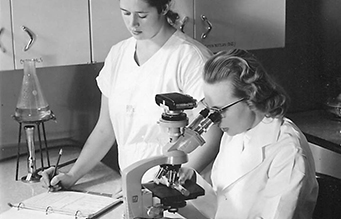
Duke Plastic Surgery has a long-standing tradition of excellence in training future leaders in plastic and reconstructive surgery. For close to 100 years, the division has pioneered microsurgical reconstruction and craniofacial surgery. Learn more about the program's distinguished history.
Soft Skills Curriculum
The Integrated Plastic and Reconstructive Surgery Residency Program has pioneered a formal “soft skills” curriculum to prepare residents for a successful career in surgery. Residents learn skills required for collaborative teamwork, crucial conversations, and conflict resolution, including feedback, dependability, mentorship, and team-building.
Duke Flap Course
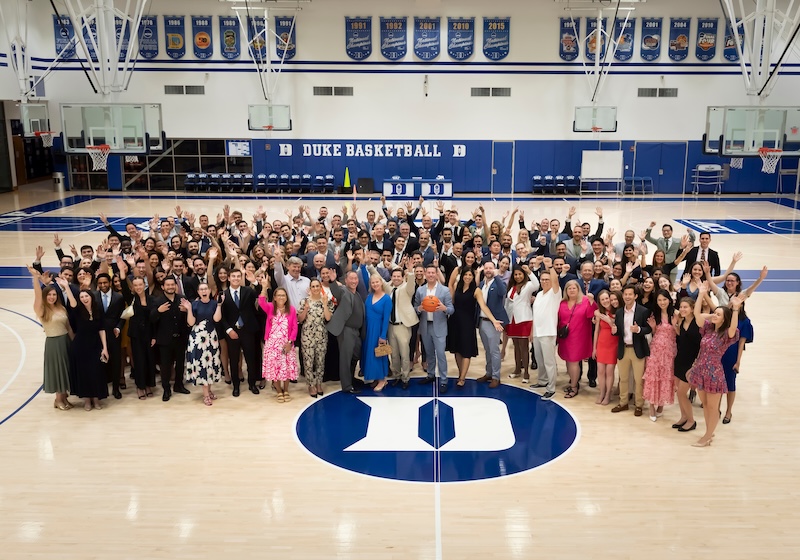
The FLAP course has been designed to address the needs of the resident in plastic surgery wishing to learn flap dissection and the established practitioner who wishes to expand their current repertoire of flap surgery. Both pedicle and microsurgical flaps will be covered in the course.
Craniomaxillofacial Trauma Anatomy Course
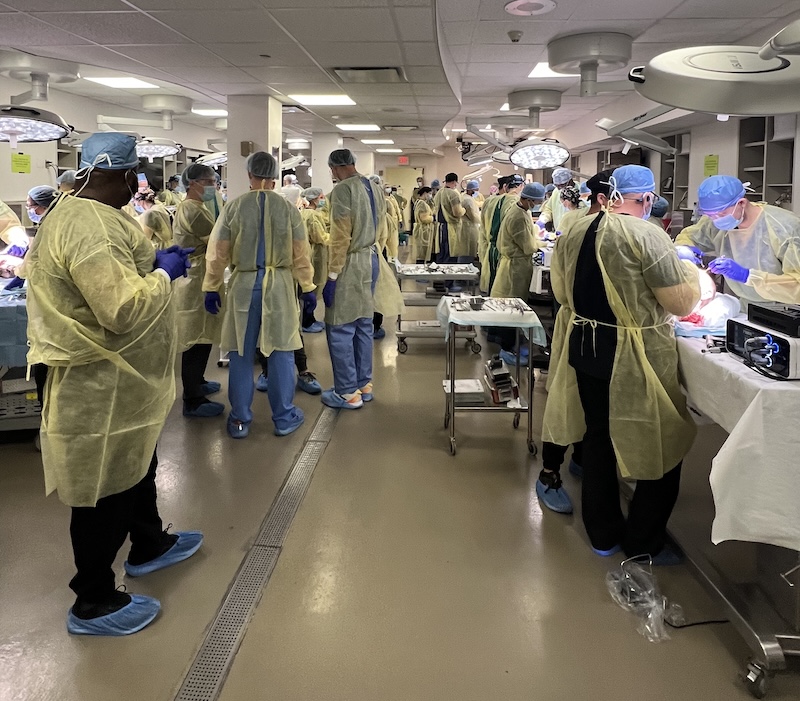
The Craniomaxillofacial Trauma Anatomy course provides the necessary understanding of anatomy and treatment protocols for residents involved in the management of craniomaxillofacial (CMF) trauma with didactic presentations, model surgery on plastic skulls, interactive case review discussions, and cadaveric tutorials.
Workshop in NasoAlveolar Molding (NAM) for Cleft Lip and Palate
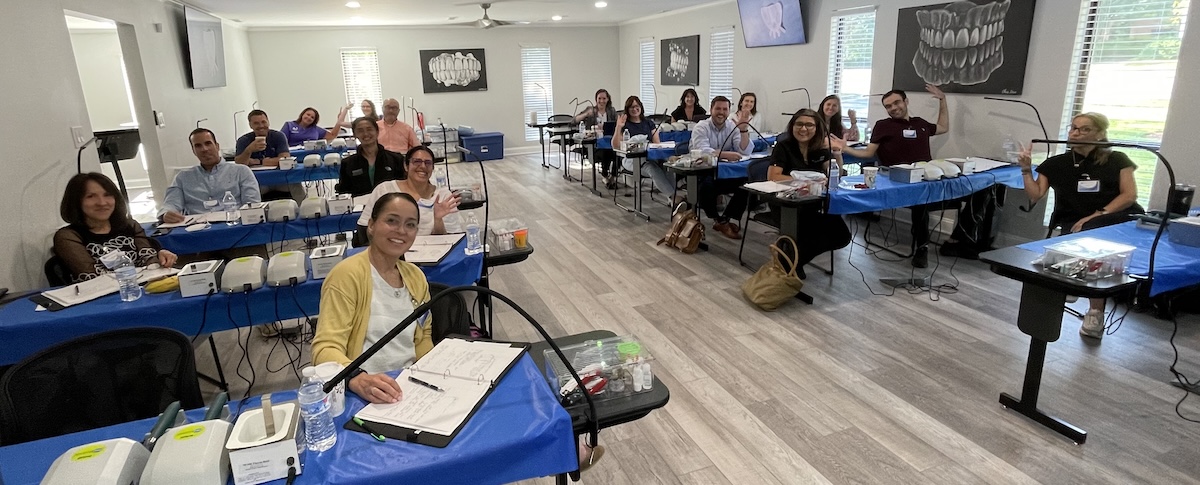
In this course, instructors describe the NasoAlveolar Molding (NAM) technique for patients born with unilateral and bilateral cleft lip and palate, which attempts to reduce the severity of the nasal, labial and alveolar deformities in order to enhance the outcome of the primary surgical repair.
Human Fresh Tissue Lab
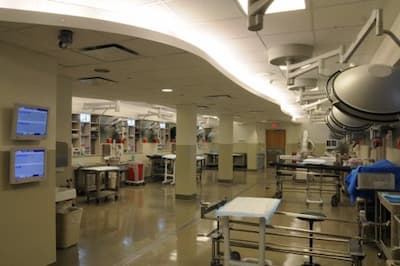
The Duke Human Fresh Tissue Laboratory is a state-of-the-art medical skills lab where residents, attending physicians, and medical students can perform advanced surgical training on fresh tissue. The lab has been used to provide training to medical professionals from Duke and throughout the country since 1997.